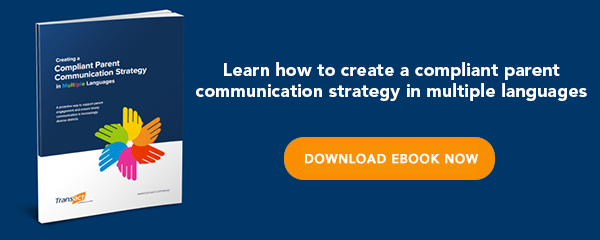Pronouncing a person’s name incorrectly can give that person the impression that you don’t really care about him or her, or you feel like that person has ‘less’ value than others. A person’s name is an extension of who they are and is rooted in that person’s language, culture, and identity. Pronouncing a person’s name correctly affirms that person and may add to his or her self worth. Incorrectly pronouncing a person’s name almost always does the opposite.
I lived and worked in other countries for a number of years and, having been raised in the U.S., I met many people whose names were unfamiliar to me. My educational background includes advanced degrees in linguistics and I always made an effort to pronounce someone’s name correctly. Whenever I made this effort with an unfamiliar name it was always greeted with pleasure and often surprise that I actually cared enough to pronounce the person’s name correctly.
In recent years I developed a presentation that I have given at a number of State and National conferences on the topic of using the culture of our students from other countries or cultural backgrounds as a tool to promote student and family engagement in education. One of the things I emphasize in that presentation is the importance of pronouncing students’ names and their parents’ names correctly.
When the announcement came out that the National Association for Bilingual Education and McGraw-Hill Education were partnering to promote an initiative of the Santa Clara County Office of Education in San Jose, CA called My Name, My Identity: A Declaration of Self, I was excited. This initiative has the goal to:
- Bringing awareness to the importance of respecting one’s name and identity in schools as measured by the number of community members making a pledge to pronounce students’ names correctly; and
- Build a respectful and caring culture in school communities that values diversity as measured by my name stories posted on social media.
The actual pledge includes the following points of action:
- Show respect to others’ names and identities in schools by pronouncing students’ names correctly;
- Be a model for students by sharing information and resources about showing respect to others’ names and identities;
- Spread the word about the importance of respecting others’ names and identities;
- Share my name story on social media; and
- Be proud of who I am and celebrate our differences.
Now, I am again happy to see that Education Week has jumped in to support this movement and has published an article on this topic. This article, “Pronouncing Students’ Names Correctly Should Be a Big Deal”, cites research and quotes educators to highlight the negative impact that mispronouncing students’ names has on student’s, going as far as identifying a disinterest in pronouncing names correctly as “a tiny act of bigotry”, that it “communicates disrespect”, and could be seen as “an everyday act of discrimination.” This article also provides some very helpful tools, strategies, and resources that can be used to help with pronouncing unfamiliar names.
English Learners and their families face many obstacles. Learning to pronounce the names of students and their families correctly will help keep some of those obstacles from piling up.
Check out the My Name, My Identify website (in-text link above) and take the pledge.
There are many sounds found in other languages that aren’t part of English phonology (the English language system of sounds). If you have difficulty pronouncing certain sounds, talk to a linguist, speech therapist, or someone else that can help.
If you have any questions, or for more information about TransACT’s Parent Notices and other products, please contact us at 425.977.2100, Option 3 or email at support@transact.com.




